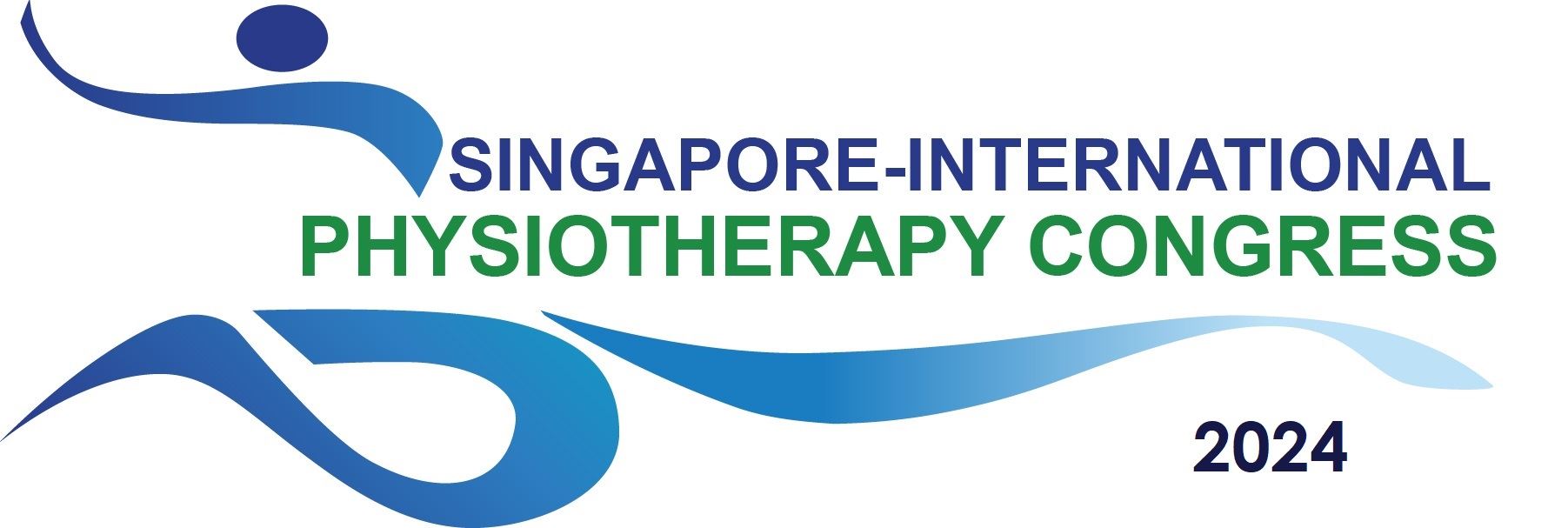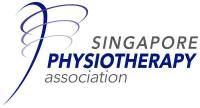Keynote & Plenary Speaker
It works if they do it! How can we engage the seniors in exercise to promote functional fitness and reduce frailty and falls?
Learning objectives:
- Describe the main features of efficacious exercise prescriptions to improve physical function in older people (frailty, mobility, sarcopenia, osteoporosis, falls prevention)
- Describe the main barriers to uptake and adherence of frailer older people to exercise
- Describe the main facilitators to uptake and adherence to exercise
- Describe the effects of drop out or lack of adherence to the frequency or intensity of the exercise prescription
- Describe the COM-B model of behaviour change (Capability, Opportunity and Motivation)
- Identify the behaviour change strategies that can support uptake and adherence to exercise
- Identify time points in which these strategies are best employed to support older adults
- Help participants develop an action plan to support their patients/clients to reap the benefits of an effective exercise prescription

Professor Dawn Skelton
BSc PhD MD.h.c. Hon FCSP FRCP Edin
Professor of Ageing and Health, Ageing Well Research Group, Research Centre for Health (ReaCH)
School of Health and Life Sciences, Glasgow Caledonian University, Scotland, United Kingdom
Dawn Skelton is Professor of Ageing and Health in the Department of Physiotherapy and Paramedicine at Glasgow Caledonian University. She Co-Leads the Ageing Well Research Group and is a Fellow of the Royal College of Physicians of Edinburgh and an Honorary Fellow of the Chartered Society of Physiotherapy.
As an Exercise Physiologist, she has a keen interest in exercise rehabilitation within a falls prevention scope, from the hospital based physiotherapy delivery to the community based specialist exercise instructor provision. Her current research ranges from motivation and patient preference to engaging the very frail, increasing adherence to long term exercise and working with the pre-frail to prevent poor outcomes later. Implementation, fidelity and quality of evidence-based interventions when delivered in different settings is also her passion.
She chaired the Royal Osteoporosis Society’s Statement on Exercise and Osteoporosis (2018) and the Older People panel for the UK’s update of the Physical Activity for Health Guidelines (2019). She is currently Chair of the British Geriatrics Society Rehabilitation Group and is part of the Community Rehabilitation Alliance and the National Falls Prevention Co-ordination Group within Public Health England. She is a Member of the Scientific Advisory Board for the Older People and Frailty Policy Research Unit (OPFPRU) funded by the NIHR. In her spare time she is a Director of the not for profit training company, Later Life Training, based in Killin, Perthshire.
Plenary Speakers
Power of telehealth and technology to address the practice gap in secondary stroke prevention
Learning objectives
-
Understand the evidence base for secondary stroke prevention.
-
Understand the practice gaps and barriers to delivery of evidence based secondary stroke prevention services, including the local Singaporean context.
Appreciate the role of genuine consumer co-design in research and implementation
Understand the result from recent trials and website development in secondary stroke prevention.
Professor Coralie English
BAppl Sci (Physio), PhD
Professor, Physiotherapy, and Deputy Head of School, Research. University of Newcastle
Deputy Director, Heart and Stroke Research Program, Hunter Medical Research Institute
Coralie English leads a multidisciplinary team of researchers whose work focuses on understanding the effects of physical activity, aerobic exercise and diet in people after stroke. She and her team work closely with people with lived experience of stroke in co-design and partnership in all aspects of research. Over her career she has completed many clinical trials related to physical activity after stroke, including telehealth delivered exercise and diet interventions and laboratory-based dose-finding trial on breaking up sitting time. She was the project lead on the development of the i-REBOUND website – a co-designed website to support people with stroke to ‘move more’ and ‘eat well’ (https://irebound.enableme.org.au/).
Coralie is CI on the National Health and Medical Research Council Centre for Research Excellence in Stroke Trials and Innovation (2022 - 2027). In 2022-2023, Coralie was Lead Chair for the Stroke Recovery and Rehabilitation Roundtable 3 topic on Post-stroke Fatigue (Prof Gillian Mead, UK Co-Chair). She was the Co-Chair of the Stroke Living Clinical Guidelines (2015-2022); the world’s first living clinical guideline, and is current Chair of the Research Advisory Committee, and Non-Executive Director (Research Special Interest) for the Stroke Foundation of Australia. Coralie has a career total of more than 130 peer-reviewed publications, more than 12 million in research funding and supervised 6 PhD candidates to completion (4 current) and more than 25 honours students.
Update on clinical and scientific advances in entrapment neuropathies.
Learning objectives
- Understand the heterogeneity of entrapment neuropathies and their underlying mechanisms.
- Understand how to correctly interpret commonly used assessment methods to detect neural contributions.
- Reflect critically on the importance and challenges of the clinical heterogeneity in the development of precision therapy.
Professor Annina Schmid
MMACP, MManipTher, PhD
Head, Neuromusculoskeletal Health and Science Lab, Wellcome Clinical Career Development Fellow,
BRC Senior Research Fellow, Specialist Musculoskeletal Physiotherapist
University of Oxford, United Kingdom
Annina Schmid is a Specialist Musculoskeletal Physiotherapist and a Neuroscientist affiliated with the Nuffield Department of Clinical Neurosciences at Oxford University in the UK. She leads the Neuromusculoskeletal Health and Science Lab
(https://www.ndcn.ox.ac.uk/research/neuromusculoskeletal-health-and-science-lab) which uses a translational and interdisciplinary approach to study the pathophysiology of neuromusculoskeletal conditions with the ultimate goal to improve management for patients. Annina has a particular interest in entrapment neuropathies and neuropathic pain and the development of precision therapy for these patients.
Annina has published her work in leading clinical and basic science journals and regularly presents her work at national and international meetings. Her research contributions have been recognised by the award of several prizes (most recently the Emerging Leaders Prize in Pain Research, Medical Research Foundation) and competitive fellowships. She was the first allied health professional to win a prestigious Clinical Research Career Development Fellowship from the Wellcome Trust.
In addition to her research activities, Annina teaches postgraduate courses related to pain and neuroscience internationally. She also maintains a weekly caseload as a specialist musculoskeletal Physiotherapist both privately and in the NHS. Further information can be found at www.neuro-research.ch.



